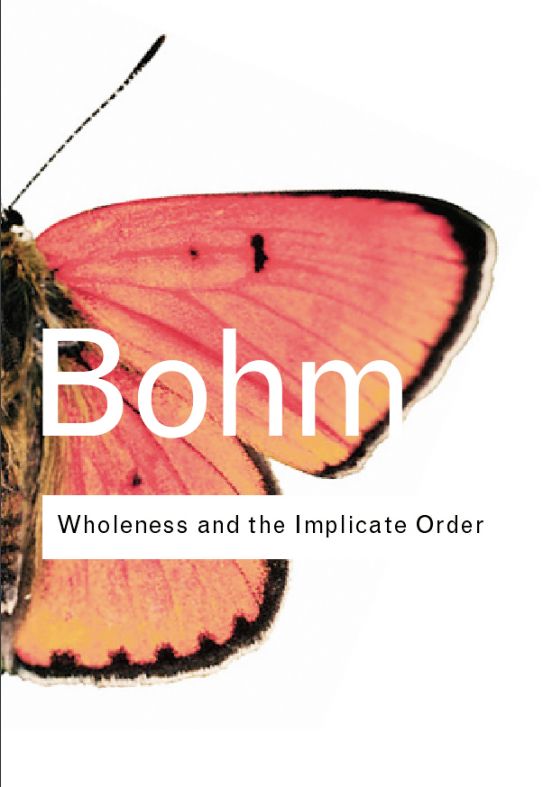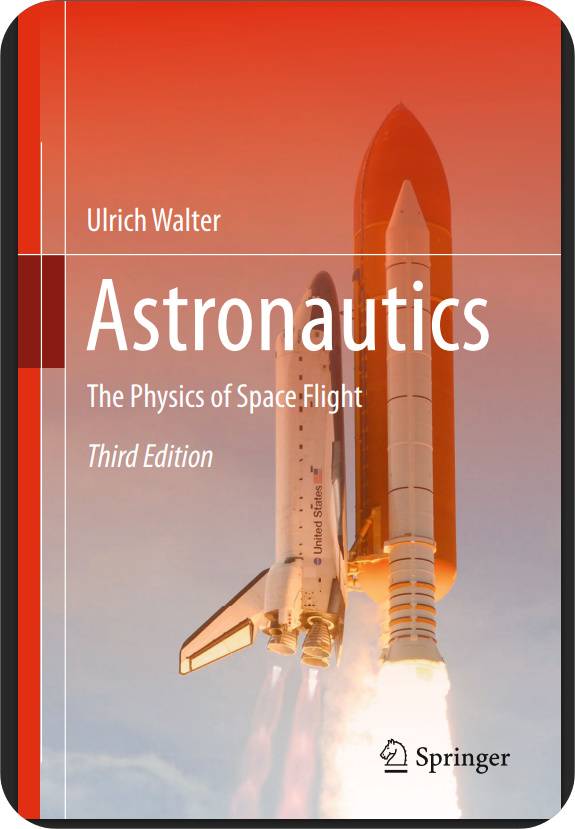
Our perception of the reality is not whole rather it is fragmented, this is the essence of Bohm’s Wholeness and the Implicate Order.
David Bohm was a theoretical physicist who made significant contributions to the field of quantum mechanics. He was known for his causal and nonlocal interpretation of quantum mechanics, which challenged traditional views of the subject. He was also known for his work in other areas of physics and philosophy, including the concept of “implicate order” and his contributions to the understanding of the relationship between consciousness and matter.
In Wholeness and the Implicate Order, he points out that our understanding of reality through physics is limited by fragmentation and abstraction. Physics is unable to conceive the wholeness, rather it propagates that ultimate structure of matter is in the elementary particles.
Single Implicate Order is beyond human comprehension
According to Bohm, both mind and matter have originated from the single Implicate Order. And science can never determine reality because it offers only abstractions. These abstractions are mere offshoot of that reality.
He suggests that the true nature of reality is an undivided wholeness, represented by the Implicate Order, where everything is connected and interdependent.
This perspective goes beyond the abstractions and limitations of physics, and recognizes that the laws governing the Implicate Order are beyond human comprehension.
Everything in the universe is interconnected
Bohm believes that the Implicate Order is the fundamental source of both mind and matter, and that everything in the universe is interconnected and enfolded within it.
He argues that the Implicate Order operates deterministically and that its inner workings are beyond our understanding because we are part of its wholeness.
Physics provides us with limitation
According to him, physics provides us with abstract and limited descriptions of the universe, represented by the Explicate Order.
This abstraction from reality means that our belief that physics can offer a complete understanding of the universe is an illusion.
Bohm argues that the true nature of reality, represented by the Implicate Order, goes beyond the limits of human comprehension and scientific understanding.
Implicate Order holds a deeper truth
He asserts that physics can only provide knowledge at the fragmentary level of the Explicate Order. Therefore, its understanding is limited by the cognitive limitations of humans.
On the other hand, laws governing the Implicate Order, the fundamental source of reality, are beyond human comprehension. Final truth about reality cannot be determined.
The Implicate Order, therefore, holds a deeper truth that cannot be fully understood or fixed.

Takeaway: Nature of reality
David Bohm’s idea of undivided wholeness of the universe runs parallel with the idea of Metaphysics, that primarily deals with two questions:
- relationship between mind and matter and
- meaning of existence.
I resonate with his idea that we have limited understanding of the world. Our physiology could be the reason for this limitation. This reminds me of Dr. Eagleman line, “We are built to perceive only thin slice of perception, to what we call reality” from his famous book, The Brain: The Story of You.
Therefore, it could be possible that because of the inherent limitations, we see the world in fragments.
By introducing the metaphysical concept of Implicate Order – everything in the universe is interconnected – Bohm is providing a perspective that might complement the limitations of scientific understanding.
It also suggests that man is a part of a greater whole and that his knowledge and understanding of the world is limited. This idea about nature of reality strongly resonates with:
Advaita Vedanta, a philosophical tradition originating from ancient India. According to which, the individual self (atman) and the ultimate reality or ultimate consciousness (Brahman) are not separate, but the same.
And Spinoza’s vision of metaphysical monism where everything is interconnected and part of one reality, known as the One of the Wholeness.
Wholeness and the Implicate by David Bohm is therefore, a reminder of those fundamental principles of metaphysics, which have been questioned by people of wisdom since ages.
In a way, this view of reality encourages a sense of unity and interconnectedness. It also emphasizes on the idea that our limited understanding of reality should be balanced by a sense of humility and respect for the complexity and mystery of the universe.



